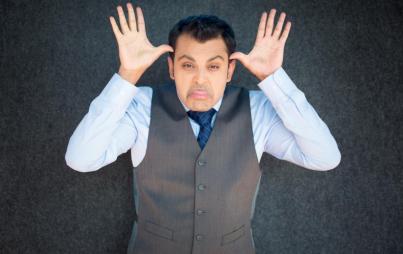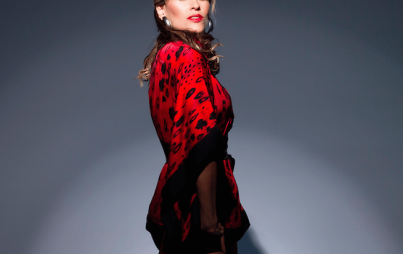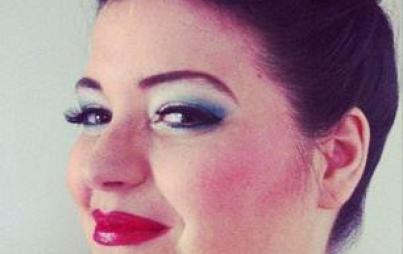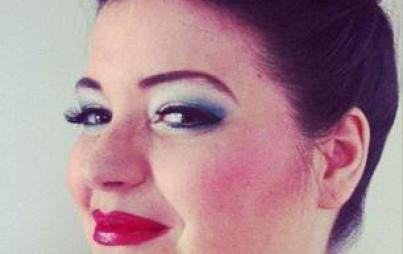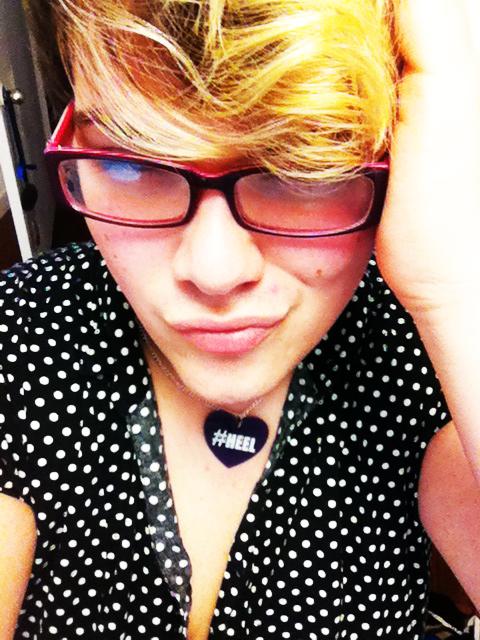
“I am bad. And that’s good. I will never be good and that’s not bad. There is no one I’d rather be than me.”
-- Wreck It Ralph (2012)
I am, by trade, a connoisseur of ugliness, a certified taste-tester of needless human suffering.
What is for you “bad news”—teen suicide, the harassment of women in tech—is for me a word count, a deadline, a daily review of analytics. When the world cries, I count the tears.
Sometimes I feel like I’m scolding a very, very bad dog. While I’m locked in their kennel. And they’re eating the formula for the cure to cancer. All I can do is concentrate and remember until someone stronger, smarter, and better comes along to pump that stupid dog’s stomach.
I thought I could ascribe my tolerance for this sort of work with the self-assurance that I was a “good person” doing “good work.” But to take this “taste tester” metaphor to its utmost tableau: I take a cautious sip of milk to tell if it’s sour, and when I turn to the person next to me to tell them the milk’s gone bad, they spit sour milk in my face.
When I write about child abuse, people complain that I’m not forgiving enough to the parents, that “think piece culture” is killing our society. I offer advice on how not to ruin someone’s Halloween with a racist costume; they call me an asshole and post my home address on message boards.
My theory and rhetoric aren’t always in a perfect row, but I know that I’m coming from a place of compassion in my agitation. Yet: To see myself as “good” is to suggest that the slew of antipathy I am made to smell, if not eat, is inherently “evil” or “bad.” I know better.
I’m sure GamerGate recycles. Cathy Brennan probably pets leashed dogs at cafes. The “I Am Darren Wilson” supporters might even have donated to homeless shelters.
They aren’t monsters, no matter how many nights without sleep are burned at the altars of their avarice. The spectator-consumers that subsume and surround our online disputes are not wicked to think there’s “bigotry on both sides” or that I should try to be more of an ambassador.
You all believe you are good because you have been taught to equate goodness with adherence and the approval pined for. You are good when you play along, when you wait in line. I am good not when I fight for what I believe in, but when I hurt for it.
MLK and Harvey Milk are “good” because they’re dead. When we tell young PoC and LGBT folk to “be like MLK,” we are asking them to stand very still so the bead can find them.
Sure, we’re all “good people”—but I hurt real bad.
These reassurances we tell ourselves—we all want justice, some people are just ignorant but they can be changed, we just need to be patient and forgiving—look lovely and inviting in their little decorative boxes. We can stay up all night eating them and we won’t get fat. But still we will waste, we will hunger, and we will be punished for whatever is it that hunger compels us to do.
You cannot please all the people while getting justice for all the people.
So: I sigh no more.
And who has helped me come to know myself? Bad guy wrestlers who have, unbeknownst to me, prepared me since childhood to fight injustice and accept the mantle of “malevolent agitator” in doing so.
They have taught me these lessons.
I will find the courage to heel.

I will not confine myself to “playing fair.”
An attachment to the negligible long-term benefits of “a clean fight” is for chumps. Though I was perhaps born a chump—I prefer “assigned chump at birth”—I am not a chump. Playing by the rules, having to maintain moral integrity, is only ever imposed on the marginalized. The police will knock down your door without a warrant, they will shoot you for standing in the street. Political organizers transparently game the voting process to keep the voices of people of color out of national discussion. And this behavior, though called out day in and day out, does not incite a widespread moral outrage because you have always accepted that the people with power do not maintain that power freely.
We binge-stream House of Cards and quote its mock-Machiavellian dialogue on our social media. We play video games about secret extrajudicial military operations. We give Facebook likes to a trailer for a film about two guys who pretend to be cops.
And then once the show’s over we go on Twitter to take the protesters to task for a few broken windows.
Playing fair is a paralytic intended to hold the oppressed to a higher moral standard.
Win if you can, lose if you must, but always cheat.
I will ask for help.

Hulk Hogan is, in the shared universe of pretend that is professional wrestling, a bona-fide demigod. You simply cannot beat him by mortal means. At some point he “hulks up,” becomes impervious to damage, and brains the fuck out of you with the power of rock and roll.
Consider: Is it a greater cowardice to work around “The Immortal” Hulk Hogan’s sway over the squared circle, or to tell yourself that that he’s the underdog and you are somehow believing in the indomitable will of the American spirit by cheering for him? Or, worse: to pretend arenas of vocally affirming fans, and a personality and look that fit the industry’s needs at that time, are not in some way “an advantage” his opponents do not have.
When “meritocracy” and “equality” are centered on the accessibility of the ruling class (i.e. white men), any attempts to have community amongst the marginalized is immediately suspect. A white American journalist covering the wars his country started in another country is “objective,” “nonbiased.” For women to write about other women, for a person of color to focus on issues other PoC face—this is cheating, cherry-picking, having a bias.
We must support one another, and be remorseless, even brazen about it. Otherwise we all have to fight Hogan alone, and no one person is enough to kill a god surrounded by 10,000 of their followers.
I will allow myself to have nice things.

Anita Sarkeesian may have bought shoes. Lauren Chief Elk likes handbags. We build a society around consumption and then punish certain people who, despite a life of struggle, take pleasure in wanting and having things.
It’s easy to flaunt your material detachment when you haven’t spent your whole life told by society that you will never have nice things without the intervention of a (white) man to provide you access to finery in exchange for compliance in patriarchal normativity.
Presumably Sarah Palin and Michele Bachmann’s political forays were enabled by fundraising, and yet no one’s begun a documentary project proclaiming either of them as frauds for dressing well and having access to gratifying aesthetics.
I will get pedicures before protest marches. I will buy a new dress before I participate in live debate. From The Crying Game to Orange is the New Black, you have told me from day one that women like me deserve to be feared, poor, unloved, and shamed for every shred of femininity that I acquire. Every inch of self care is an act of defiance.
A suitable reward for saving the world is to look good as you do it.
I will allow myself to be needed.

Ox Baker did not kill two men with his dreaded heart punch, the reviled maneuver that incited a riot in 1974. Two fat-addled Adonises with heart problems wrestled Ox Baker and then died from complications wrought by a sport with a long and established disregard for the health and safety of their performers. But better ticket sales and diffused accountability is behind only one of these doors. Thus: Baker explodes people’s hearts for money.
The marginalized are, for better or worse, not the only people who need me.
You and I and everyone we know are actively complicit in the very societal evils we claim to counter.
I am not perfect, but I am willing to call myself out (most of the time) and try hard to hear and accept other people calling me out. I am letting go of my “goodness,” of my image. But there are others. People who will not, as my father so often accused me of as a child, “take responsibility.” They will not own up to the ways they reinforce an unjust world.
They are holding onto their goodness—they fear that to admit they have made mistakes will be to surrender that moral high ground. They need people like me, who will interrupt and sabotage and dispense digital screams into the blogosphere at “critiquing gender,” “reclaiming words,” “just trying to pay tribute other cultures”.
They need someone like me to take their discomfort with themselves at possibly not having done enough or done the right thing—and give it back to them, packaged in agitation.
I give them the gift they won’t give themselves: unease.
And god, I like it.
Liberation does not occur with the middle ground’s approval. If it was, we’d use a different word for it, like agreement.
We will win, in time. It’s only a matter of who “we” will consist of.
2015 is the year of the social justice heel.

